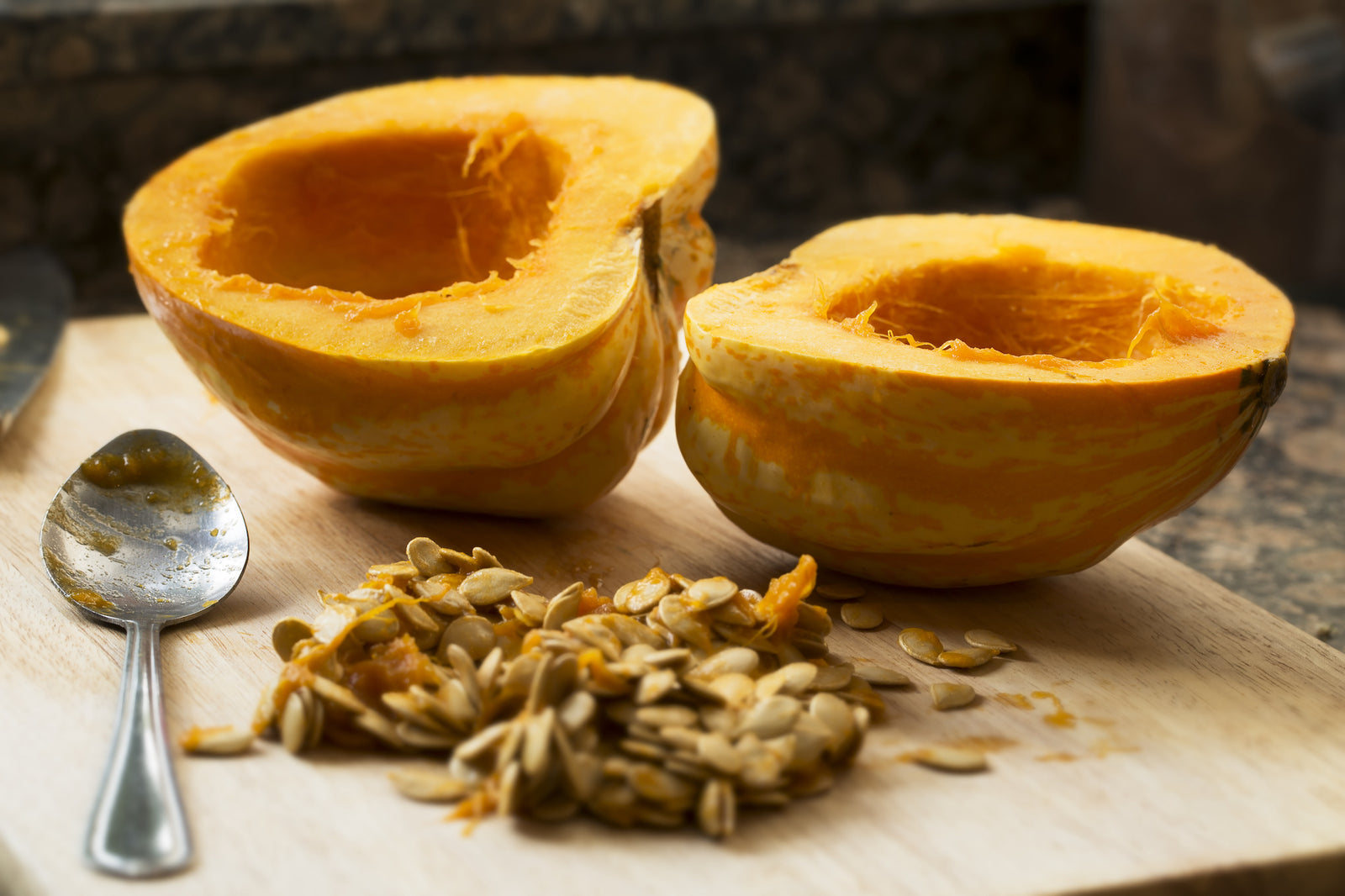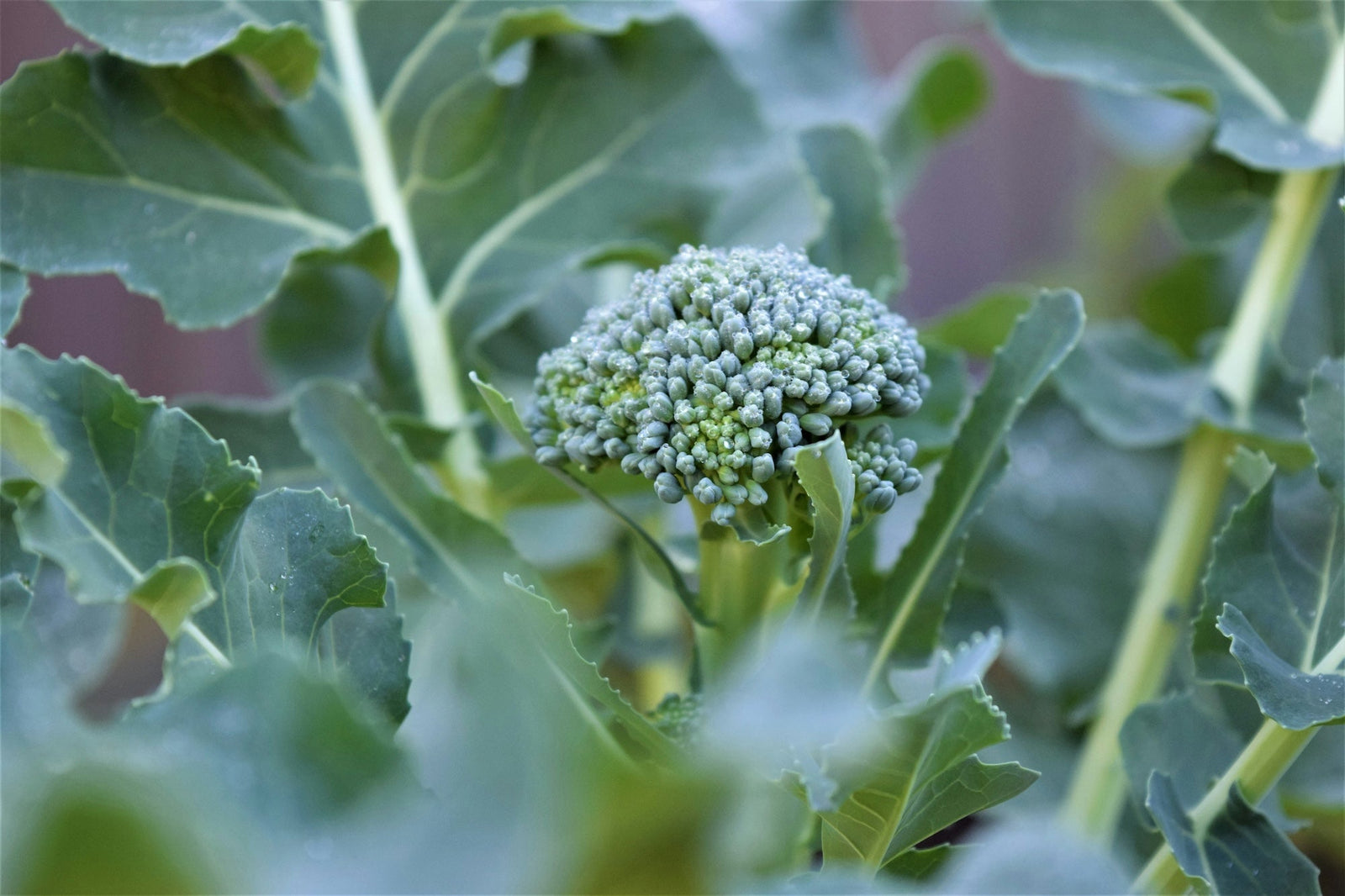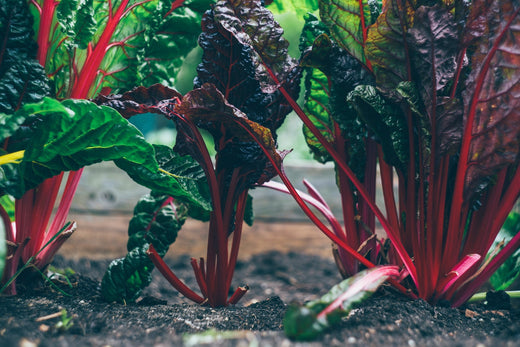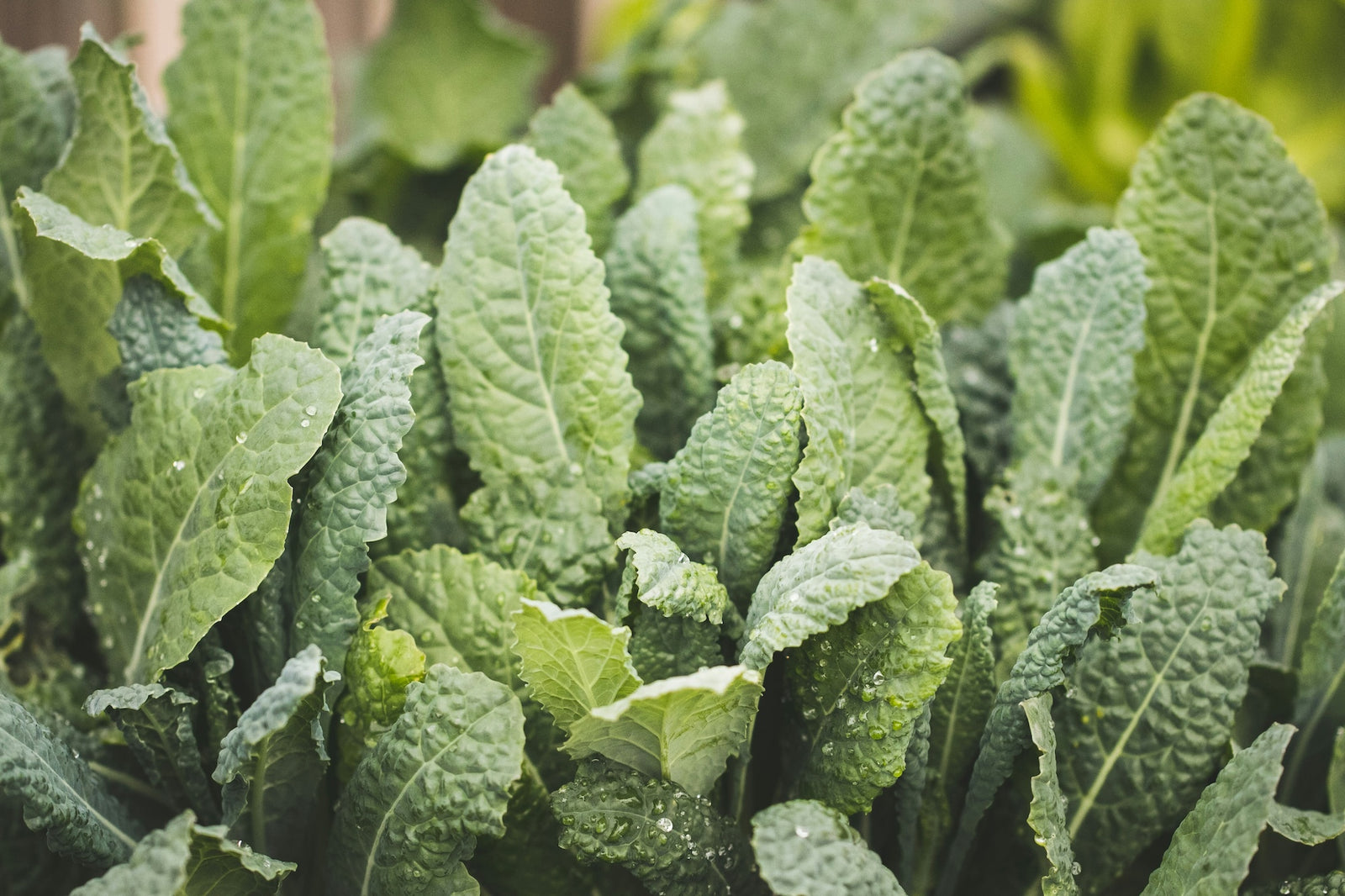
This time of year is bursting with beautiful and vibrant winter squash. Pumpkin, acorn, butternut and spaghetti squash provide an excellent source of carotenes. Typically, squash richer in color provide a greater concentration of vitamins and minerals. Winter squash are actually a warm weather crop. They get their name from the fact that they can be stored through the winter.
More benefits include:
- Very good source of vitamins B1 and C, folic acid, fiber and potassium.
- Good source of vitamin B5. This water-soluble vitamin acts as an antioxidant.
- Good source of vitamin B6 and niacin.
- Protective effect against many cancers, particularly lung cancer.
- Protects against heart disease and type 2 diabetes.
- Pumpkin seeds are helpful in reducing symptoms of an enlarged prostate.
- Carotenes help to protect against the damaging effects of the sun.
- Low in calories.
- Bake – If you can bake a potato, you can bake a squash
- Seed – Separate seeds from the pulp, toss with a little oil and salt and toast in a 250°F oven until lightly browned
- Ring them – Cut into rings about 1/3-inch thick (the skin is edible) and sauté over medium heat about 6 minutes. Turn and cook on the second side until tender.
- Stuff them – Smaller squash like acorns make their own little bake-and-serve dishes.
- Make Soup – Roast a butternut squash in the oven and then scoop out the flesh. Puree it in a blender, thin with some stock and season to taste. You will have a tasty squash bisque!
Learn the differences between Summer and Winter squash and gourds.



